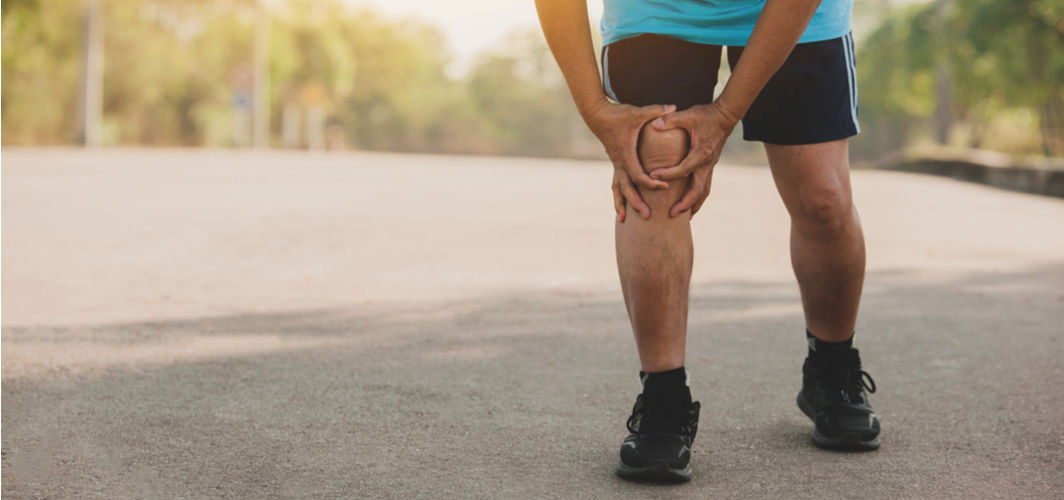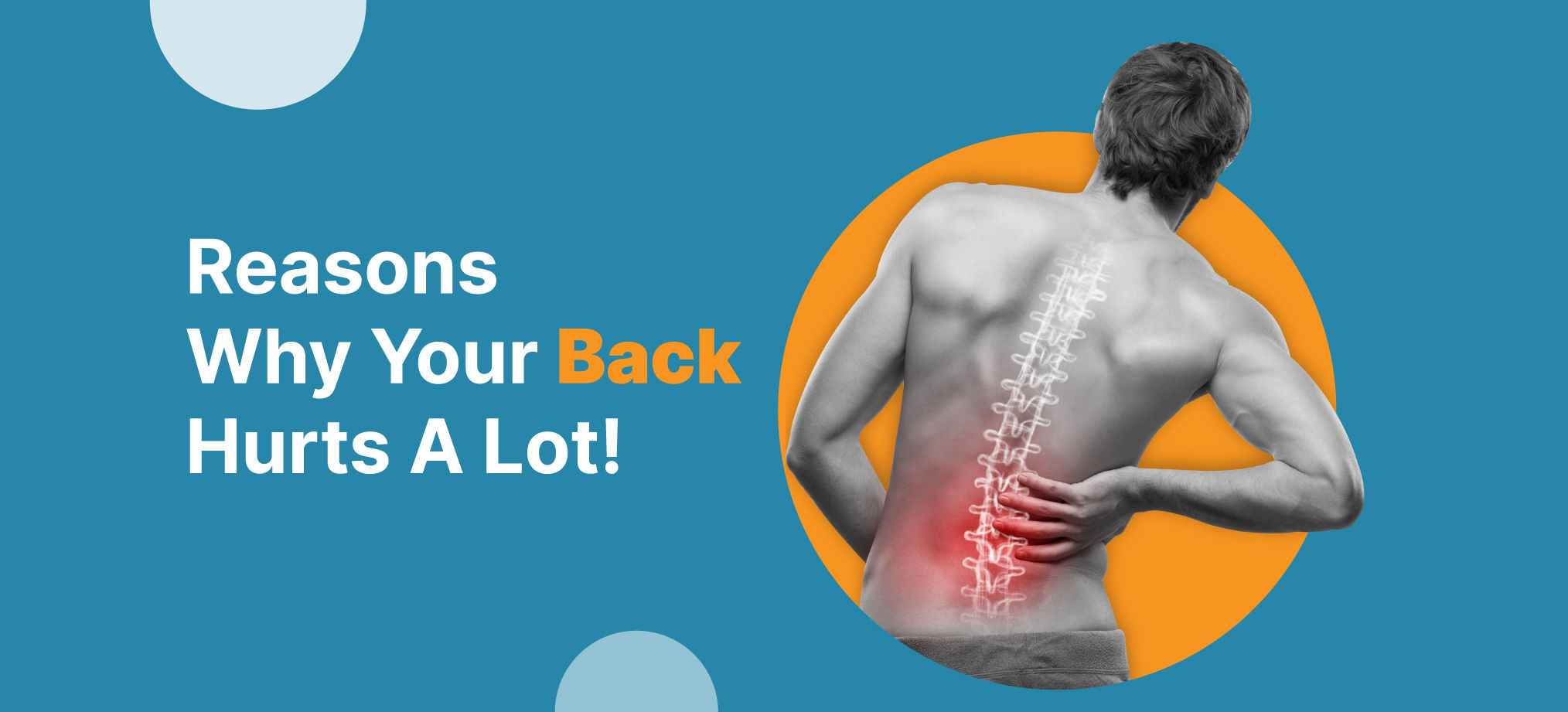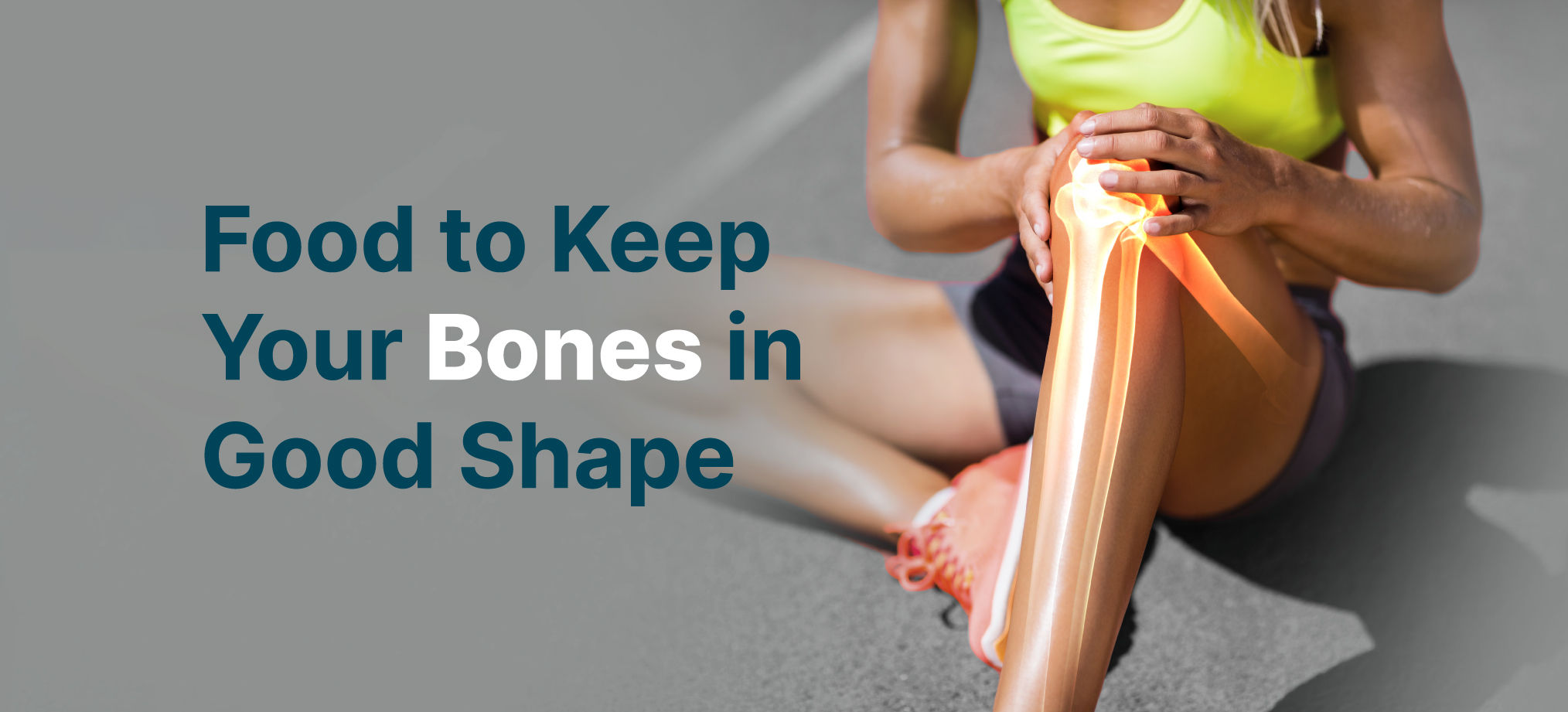Orthopedic Conditions
Does COVID-19 Infection Have a Long-term Effect on Bone Health?
3 min read
By Apollo 24/7, Published on - 08 December 2021, Updated on - 18 October 2022
Share this article
0
6 likes

Many debilitating effects have been reported in COVID-19 patients, long after recovery. Some individuals experience lasting health effects such as breathing problems, heart complications, kidney impairment, stroke, and multisystem inflammatory syndrome (in children). Moreover, cases of bone-health deterioration are also being reported in COVID-19 recovered patients, of late. Difficulty in walking and higher incidences of fractures are the primary warning signs.
What kind of bone-related complications are likely after COVID-19 infection?
Multiple studies have reported bone health-related complications post-COVID-19 recovery, such as:
1. Loss of bone mass
An experimental study conducted by the Indiana University School of Medicine found that infection caused by the novel Coronavirus can approximately reduce 25% of the bone mass within two weeks of getting exposed to the virus.
2. Bone death
Bone death, also known as avascular necrosis, osteonecrosis, aseptic necrosis, and ischemic bone necrosis, is a medical condition characterized by the lack of blood supply in a particular bone, which leads to the death of bone tissues. This weakens the bone and results in the breakdown of the bone or the affected joint.
Bone death is usually seen in the long bones and joints such as the femur (thigh bone) and hip bone. While the exact reason has not been found yet, scientists believe bone death is a consequence of using steroids while treating severe COVID-19 infection.
3. Post-COVID reactive arthritis
A study published in Hindawi on 26th April 2021 stated that the SARS-CoV-2 virus attacks the musculoskeletal system (muscles and joints) during the infective and post-infective stages, and results in inflammatory arthritis. Another research published in the Journal of Clinical Studies & Medical Case Reports in 2020 found cases of reactive arthritis in people suffering from severe COVID-19 infection. Reactive arthritis is the pain and swelling in the joints, triggered by an infection in some other part of the body. It usually targets the joints of ankles and knees.
How to regain bone strength after COVID-19 infection?
COVID-recovered patients may experience lingering symptoms months after the infection subsides. Meanwhile, certain measures can help gain bone strength:
- Add calcium-rich foods to the diet: Consuming foods rich in calcium such as dark green leafy vegetables, milk, cheese, yoghurt, eggs, lean meat, almonds, and soy can help maintain good bone health.
- Get enough vitamin D: Studies indicate that up to 80% of COVID-infected patients are deficient in vitamin D. The skin contains the precursor of vitamin D, which gets activated on exposure to sunlight. Thus, it is advised to get 10 to 20 minutes of exposure to sunlight daily. Doctors may also prescribe vitamin D supplements to accelerate bone healing.
- Start exercising: Exercise helps in improving muscle and bone strength. Asymptomatic patients who did not experience lung infection or reduced blood oxygen saturation can begin mild weight lifting and strength training six weeks after testing negative for COVID-19 infection. However, COVID-patients who required oxygen therapy or had lung involvement should consult their doctor before beginning any type of exercise. Other COVID-19 recovered patients can practice mild-intensity exercises such as walking and yoga.
- Quit unhealthy habits: Consumption of alcohol and tobacco can delay the healing process and contribute to further loss of bone mass.
Conclusion
Studies have shown that approximately 50% of the people diagnosed with COVID-19 experience post-COVID symptoms up to 6 months after recovery, also known as long COVID. Several cases of bone and joint infections have been reported in COVID-recovered patients who were treated with steroids and other emergency medications such as remdesivir and tocilizumab. Though most of these complications are temporary, it is necessary to consult a doctor to prevent any permanent or long-term damage.
Orthopedic Conditions
Leave Comment
Recommended for you

Orthopedic Conditions
World Arthritis Day 2022: 5 Foods That Can Improve And Worsen Arthritis Pain
Arthritis pain can make everyday activities difficult and painful. Although there is no certain cure for arthritis, you can include and exclude certain foods that may help ease arthritis pain.

Orthopedic Conditions
Backache: An Every Day Menace You Want To Get Rid Of!
Backache is an extremely common problem seen in adults, especially the ones working in front of laptops the entire day. Read to know how you can get rid of backache easily.

Orthopedic Conditions
Here’s What You Need To Eat To Maintain Your Bone Health
Proper nutrition is required to build healthy bones and maintain them throughout life. Read to know the ways to achieve proper bone health.
Subscribe
Sign up for our free Health Library Daily Newsletter
Get doctor-approved health tips, news, and more.
Visual Stories

How to Keep Your Bones Strong and Healthy Naturally
Tap to continue exploring
Recommended for you

Orthopedic Conditions
World Arthritis Day 2022: 5 Foods That Can Improve And Worsen Arthritis Pain
Arthritis pain can make everyday activities difficult and painful. Although there is no certain cure for arthritis, you can include and exclude certain foods that may help ease arthritis pain.

Orthopedic Conditions
Backache: An Every Day Menace You Want To Get Rid Of!
Backache is an extremely common problem seen in adults, especially the ones working in front of laptops the entire day. Read to know how you can get rid of backache easily.

Orthopedic Conditions
Here’s What You Need To Eat To Maintain Your Bone Health
Proper nutrition is required to build healthy bones and maintain them throughout life. Read to know the ways to achieve proper bone health.